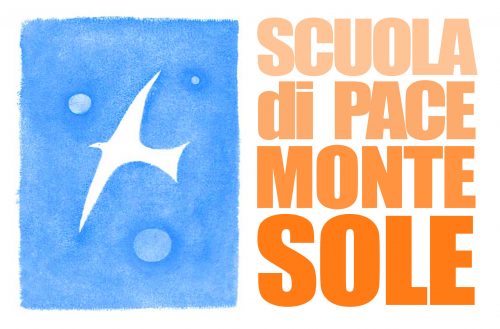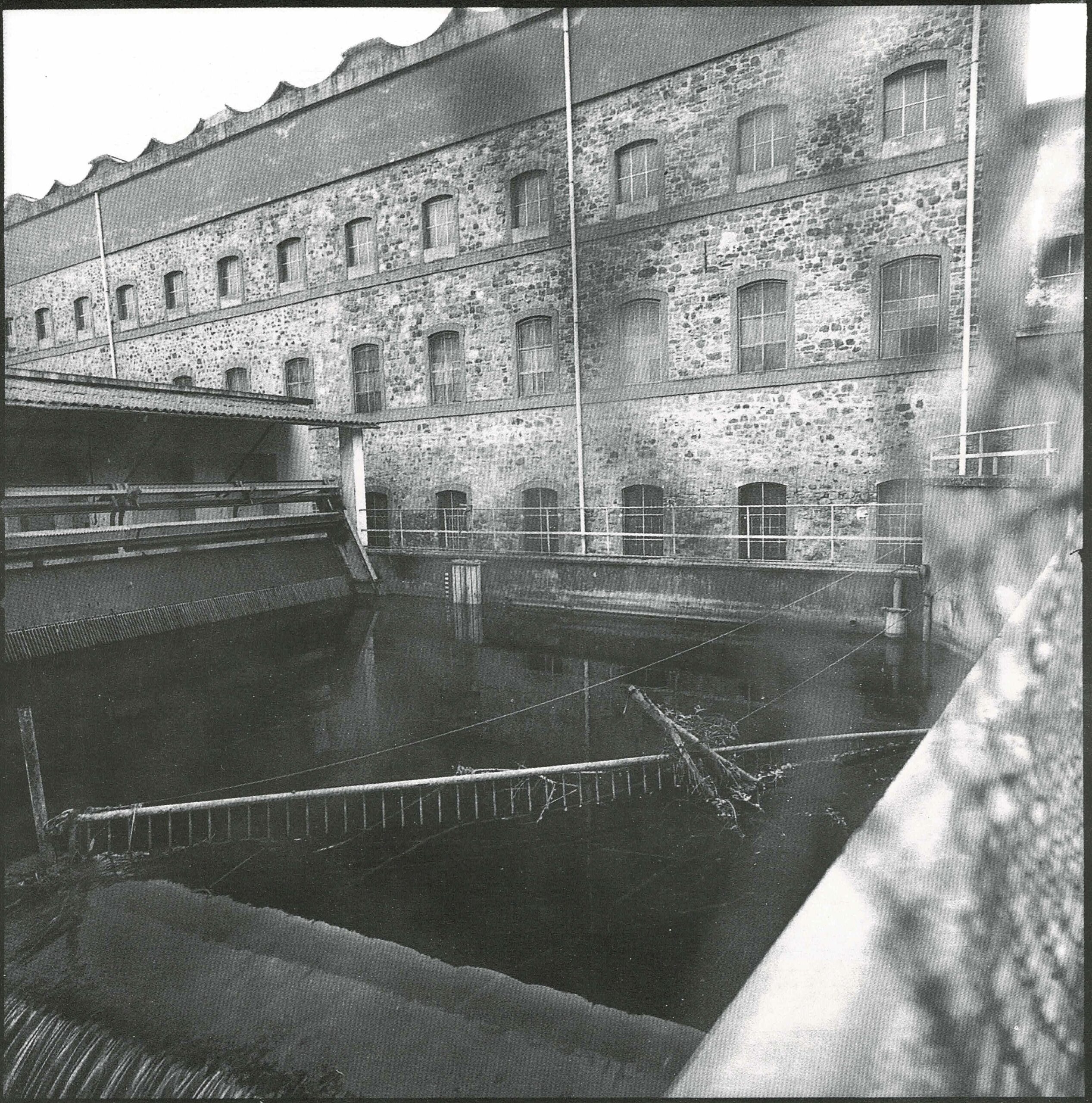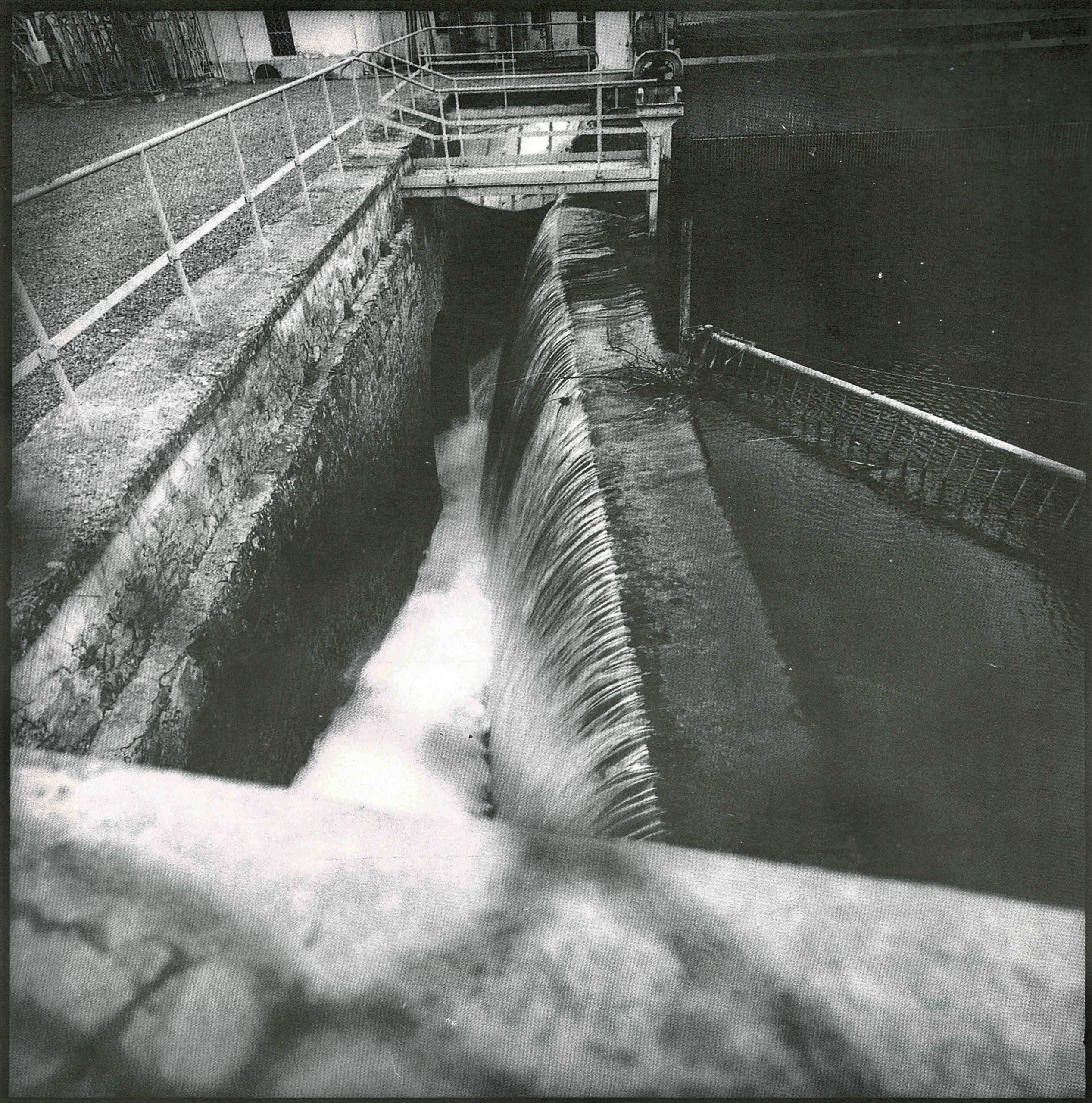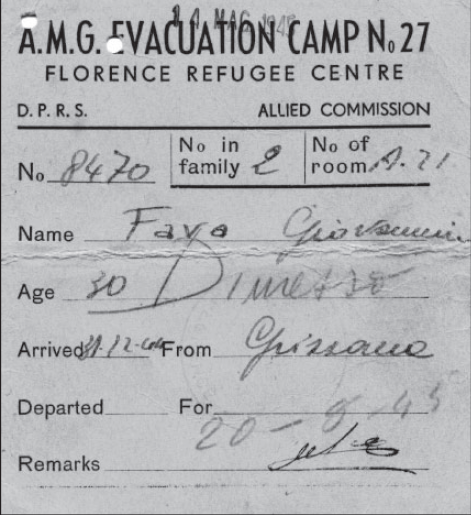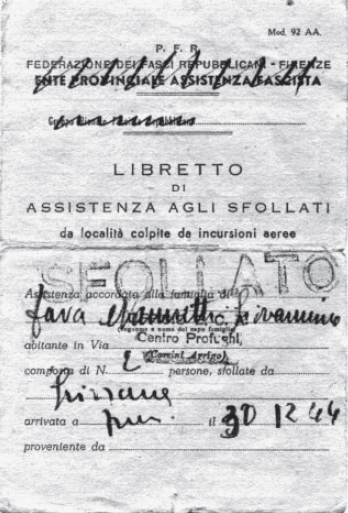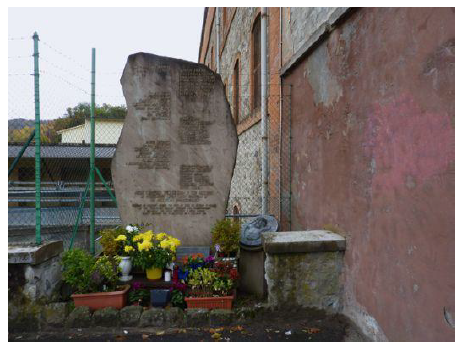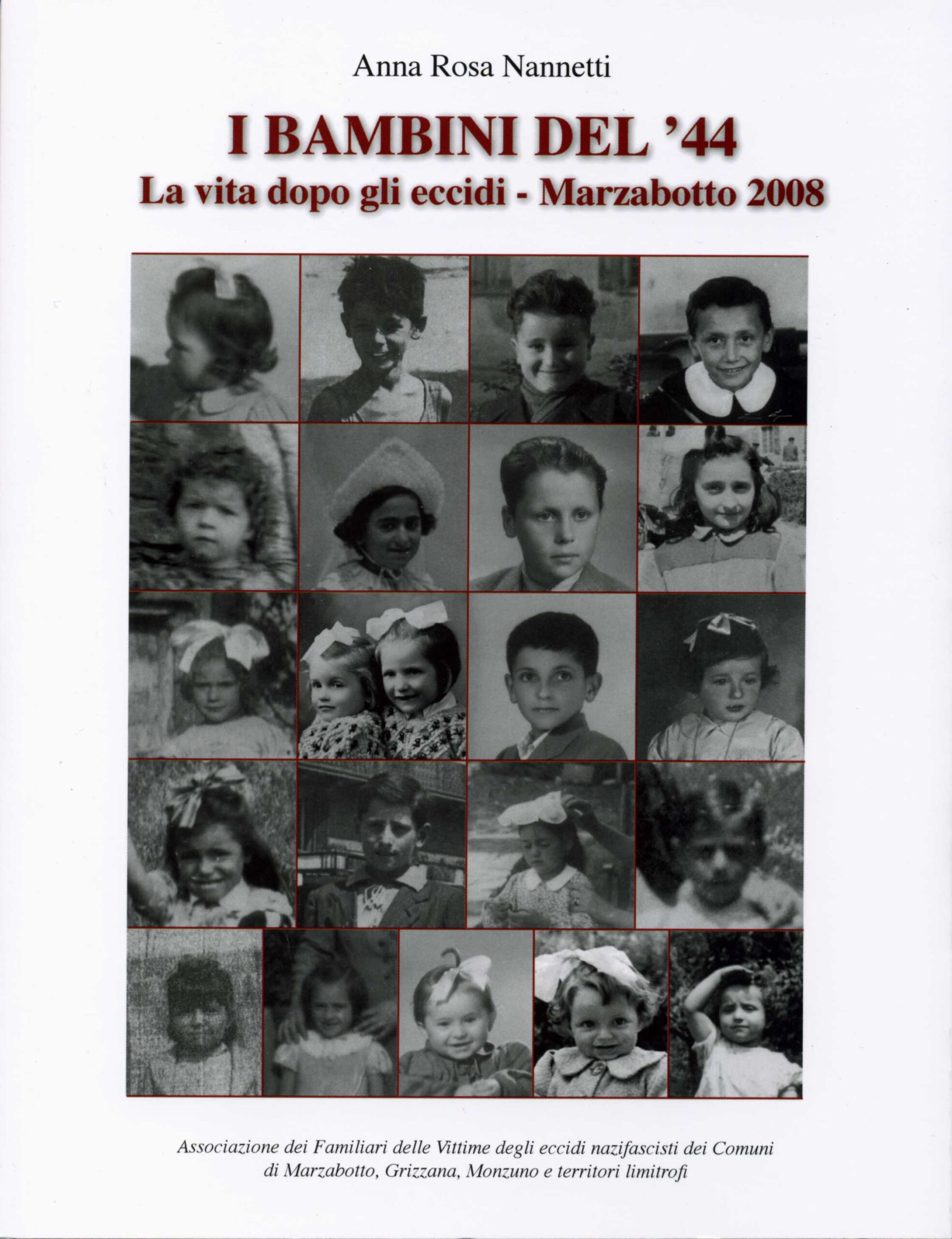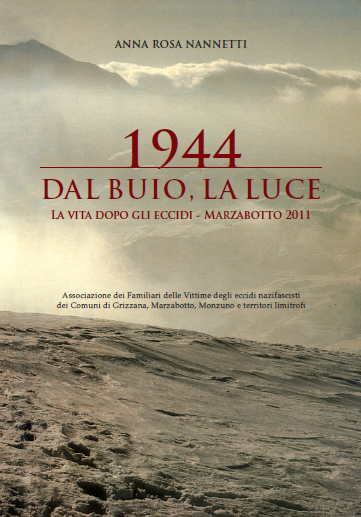Anna Rosa, from darkness light
Anna Rosa Nannetti was born in Vergato (Bo) on August 1, 1943.
She has collected and published, thanks to the Association of relatives of the victims of the Nazi-Fascist massacres of Marzabotto, Grizzana and Monzuno and surrounding areas in 1943-44, several dozen testimonies of children and adolescent survivors of the 1944 Monte Sole massacres.
He believes the testimony is a condensation of love and pain.
Pioppe di Salvaro
The destruction of my family began on September 29th 1944.
At dawn the SS troops reached Creda near Salvaro, where men, women and children were killed, the house and stables were set on fire, then in Maccagnano, where more women and children were killed.
Meanwhile, other troops started searching house after house, taking all the men with them, after separating them from women and children who were controlled under the threat of machine guns.
Walking in a line, abused, these men reached the “Scuderia” in Pioppe and […] the SS decided who was able or unable to work.
In the “Scuderia” there were my father Guido Sabatino, 35 years old, a finance policeman working in Savona who had come back home few days before, my grandfathers Adolfo Nannetti and Antonio Fava, two brothers in law of my grandfather, Primo Monetti and Virginio Venturi.
They were all shot at the “Botte” in Pioppe di Salvaro on October 1st 1944.
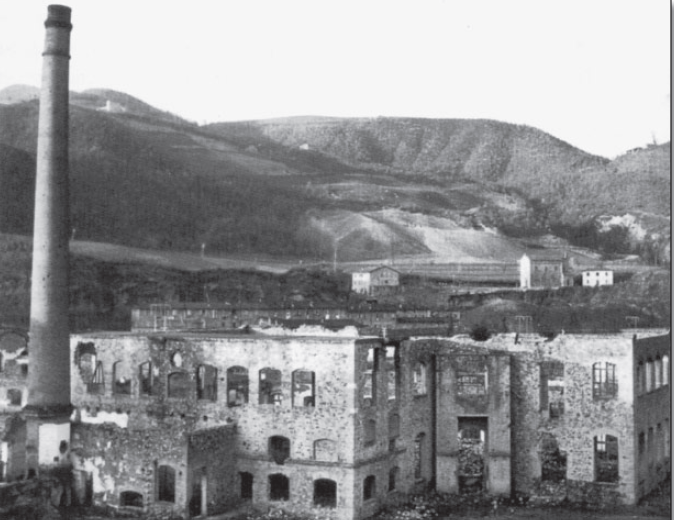
The former hemp industry in Pioppe di Salvaro (Bologna).
Picture from “Viaggio fotografico a Monte Sole : Marzabotto, Monzuno, Grizzana Morandi: 29-30 settembre – 1-2-3-4-5 ottobre 1944” by Romano Gualdi (1994).
Pioppe di Salvaro
They were all shot at the Botte of Pioppe di Salvaro on October 1st, 1944.
Going up on Mount Salvaro
After the “Botte” massacre and the destruction of the houses and fields, my family decided to cross the Reno river and climb the Salvaro mountain and from there reach Grizzana, where Allied troops were and could bring them to the refugee centre in Florence.
On the other side of the river, in Campiglio, the large Righi family lived in two houses, they were generous people who, in shifts, kept the fire in the fireplace on all night to warm us and offer us some comfort.
Because of a bad ear and throat infection, I was constantly crying for the pain.
I was crying loud also that night, on Salvaro mountain, where we could hear soldiers walking down the mountain and my mother Giovannina (Giannina) Fava decided to leave the group. If those soldiers were SS attracted by my cry, they would have reached the group, they would have shot us all and we would have been responsible for that massacre. For this reason my mother, as a righteous and brave person, decided to leave and walk, holding me in her arms, towards those soldiers […]
After some moments, suddenly a smiling soldier came out of the wood, with his open arms to get me and relief my mother from the difficulty to carry me.
My mother told me she said to this soldier: “But your skin is black” and he replied: “I am Brasilian”.
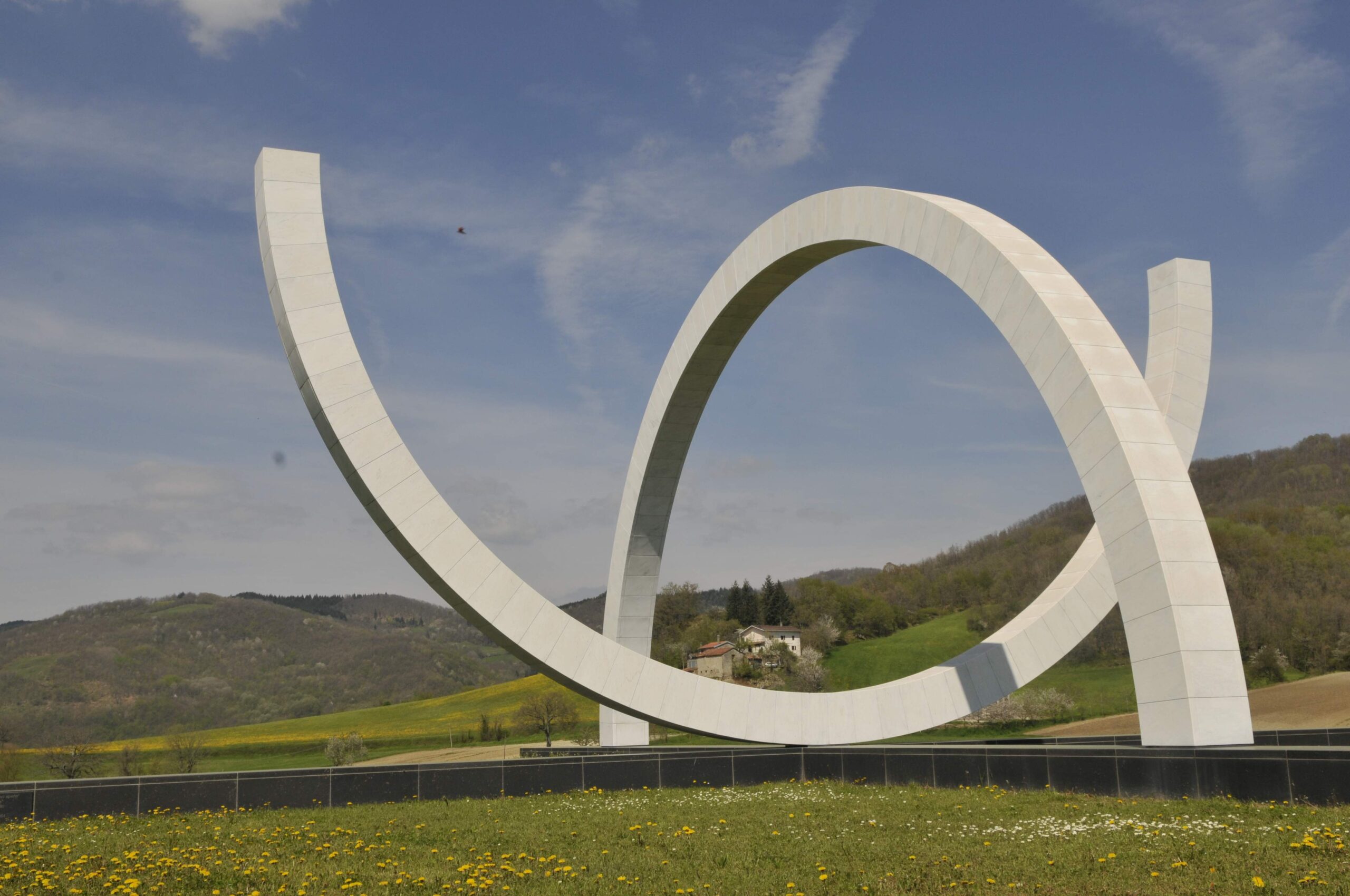
Monument to Brasilian Soldiers in Gaggio Montano
Refugees’ centre in Florence
With my mother and all the other relatives and friends we left for the Refugees’ centre in Florence […]
I was cured by a good doctor but […] I couldn’t face the diphtheria epidemic which made all the refugees sick.
Almost dying, I was admitted to the hospital and stayed there for some months.
My mother was allowed to come and see me at the hospital four times a day to breastfeed me.
Porretta Terme
My uncle Alfredo Palmieri made any effort to come and get me in Florence with a private car. He had to sell a calf to pay for private transportation and he was often telling me the calf sent the car to pick me up.
In those days I had to face another pain: the separation from my mother.
“Mom had to come back to Camugnone and […] work at the shop and osteria in order not to lose the licence”
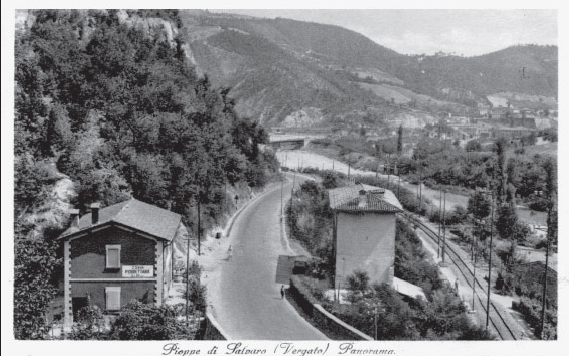
Picture from “Viaggio fotografico a Monte Sole : Marzabotto, Monzuno, Grizzana Morandi: 29-30 settembre – 1-2-3-4-5 ottobre 1944” by Romano Gualdi (1994)
Bologna, the new life
I went to the boarding school to attend junior high and high schools.
Then as a working student, with lots of sacrifices, I graduated at the University.
My mother came to Bologna on my graduation’s day.
I started working as a teacher supporting children with disability.
I still live in Bologna.
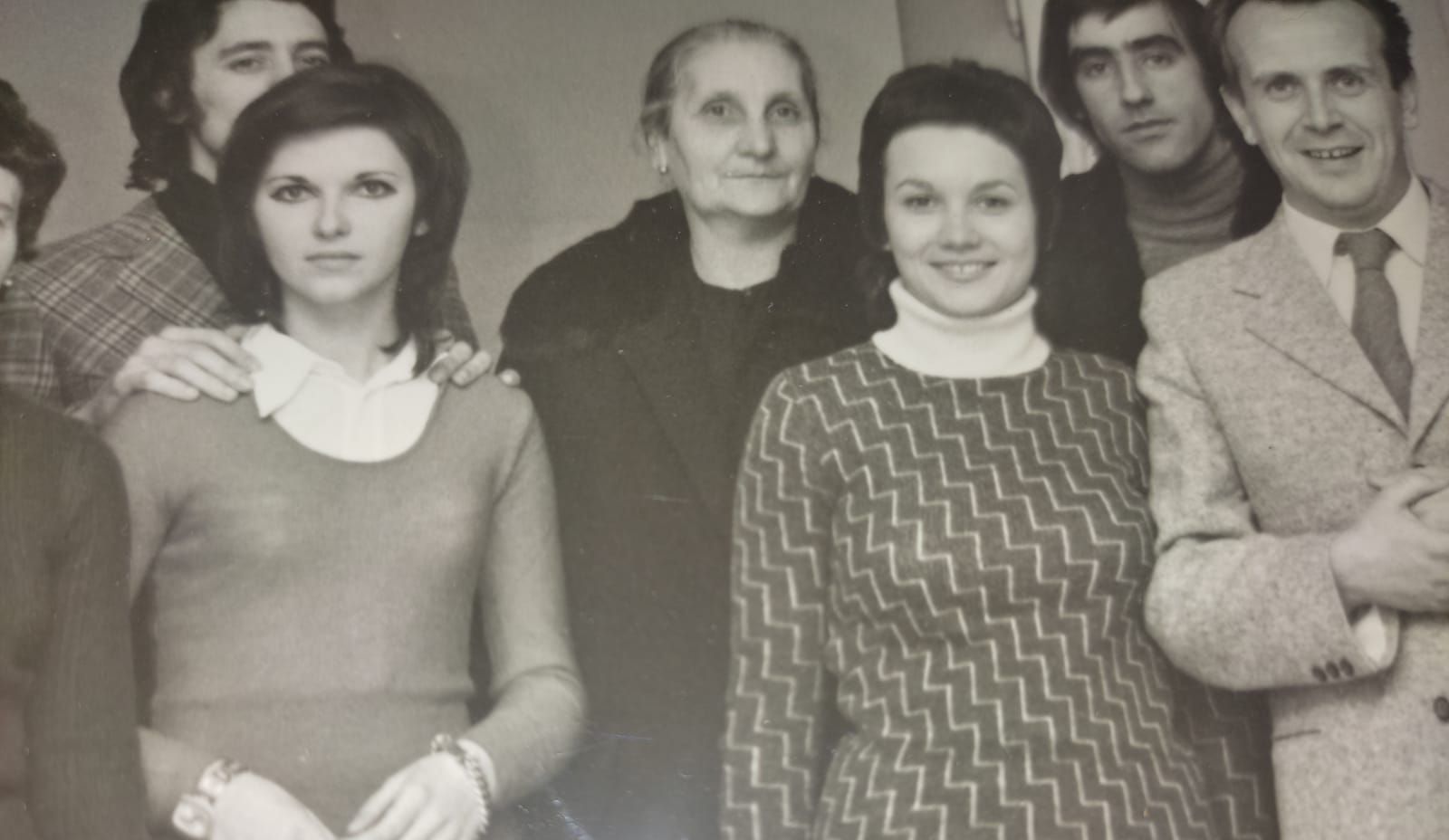
Anna Rosa and her family and friends on the university graduation day. Private archive.
Bologna, the commitment to memory
FOR THE WITNESSES
Dear friends
thank you for welcoming me into your homes with so much affection and with a thoughtfulness that allowed us to get to know each other much better than we will read in your testimonies. It was good to see friends, relatives, fellow countrymen and to recall with them so many emotions, so many events.
For all of us who did not know each other, however, what we lived was a deeper, UNIQUE experience. […]
We did not know each other but, together, we helped each other to save our lives, particularly those of the weakest, to fight so that our families, our communities would not be wiped out from our land, as had been decided by a criminal ‘extermination plan’.
We asked ourselves the same questions, we consoled ourselves with the help of the good people we had close to us and who spoke to us, caressed us with words and gestures that stemmed from a very high human refinement.
[…]
FOR THE READERS
Dear friends
thank you for getting to know us. […]
Your deep desire to understand the massacre we suffered, from a historical, human and intimate point of view, made us feel all your consideration, your respect and your esteem for how we managed to deal with that ‘evil’ that wanted to see us annihilated, but did not succeed. Even though our lives are forever marked by deep sorrows, the faces and hands of so many good people have carved furrows of light in us that have guided us in the darkest of times and have guided us in the darkest of times.
of the darkest darkness and have opened up so many bright paths that we have travelled, with the firm will to transform the daily struggle for survival into a gradual conquest of our rebirth. […]
We have understood that each of us must defend peace by committing ourselves, every day and all together, to fight against abuse, injustice, moral, cultural and economic poverty.
We have understood that we must be protagonists in our choices and know how to distinguish, with lucidity and competence, between the rulers who want the common ‘good’ and those who thirst for power to the point of extreme contempt for all life.
We have realised that everything that has been built on ‘evil’ by people, institutions and organisations, we must commit ourselves to knowing it deeply, to know how to defend and fight it. […]
Bologna_2022
Starting from the traumatic experiences of those who suffered in Monte Sole to listen to the close memories and distant tales that migrants bring with them.
Go to M.’s account and explore his story.




